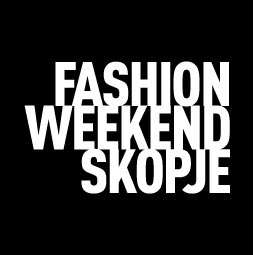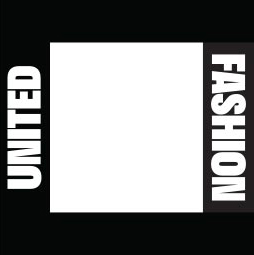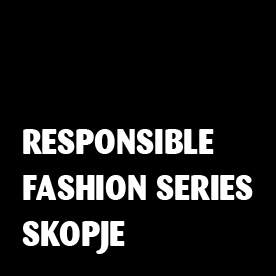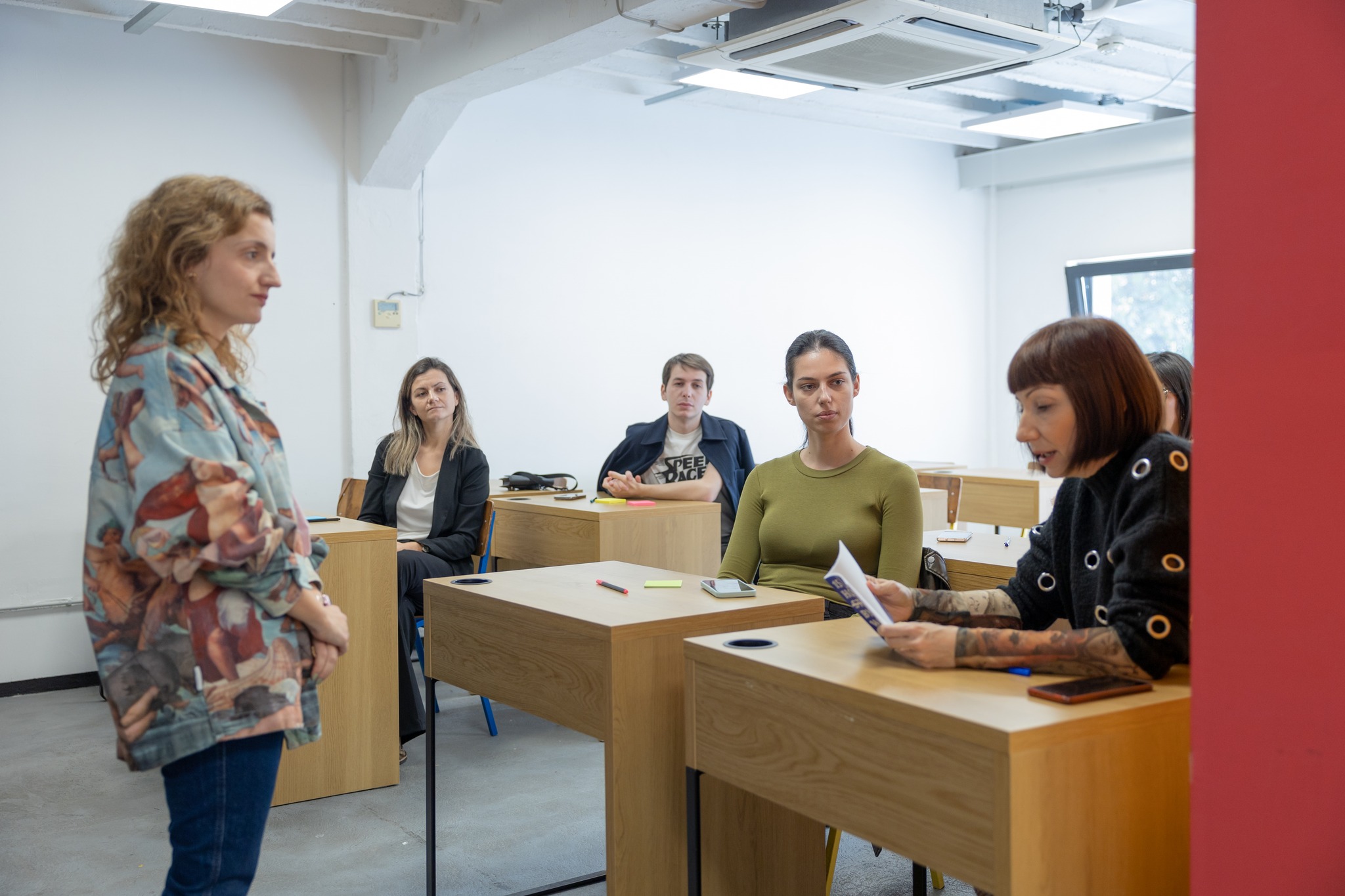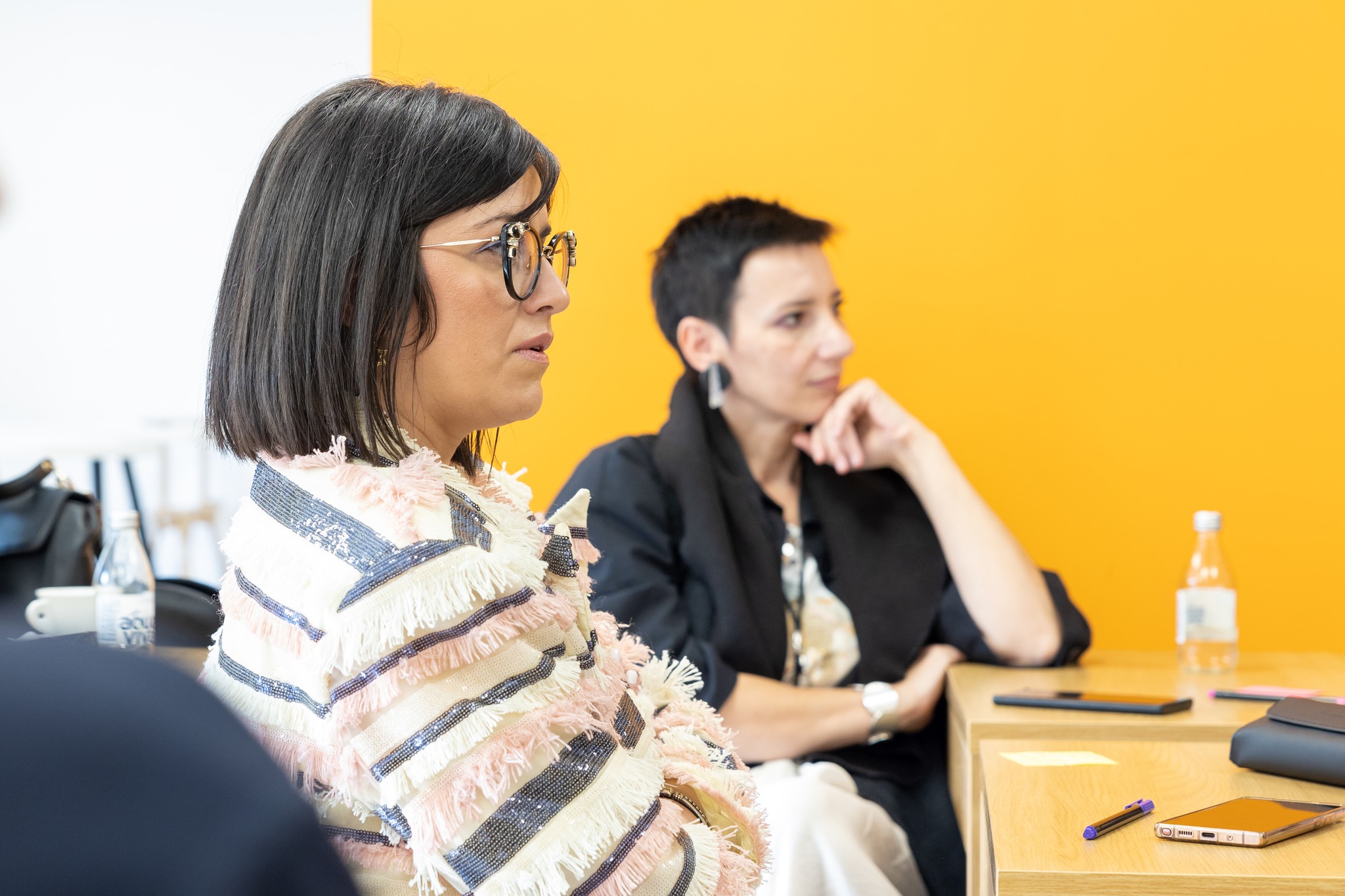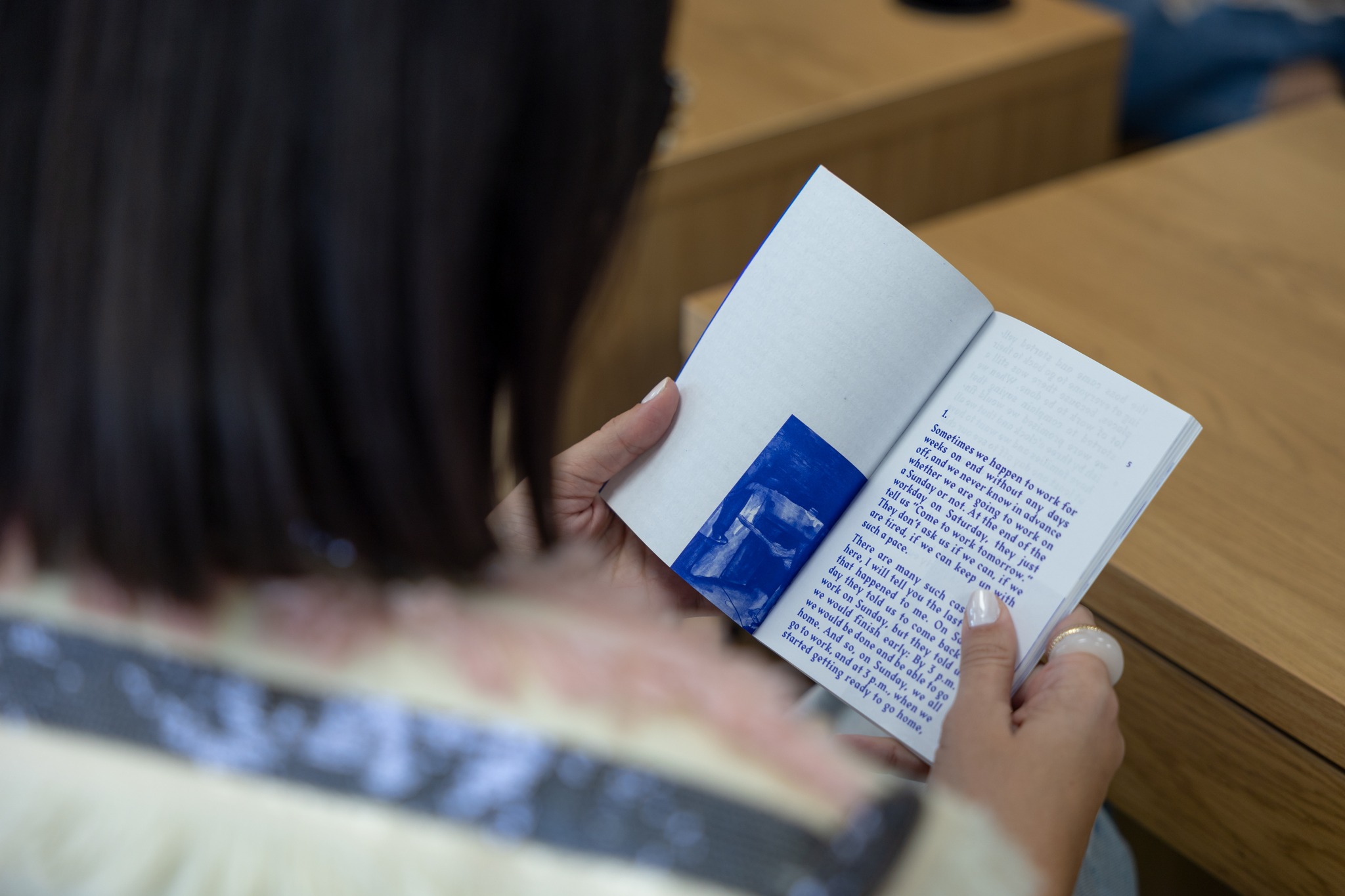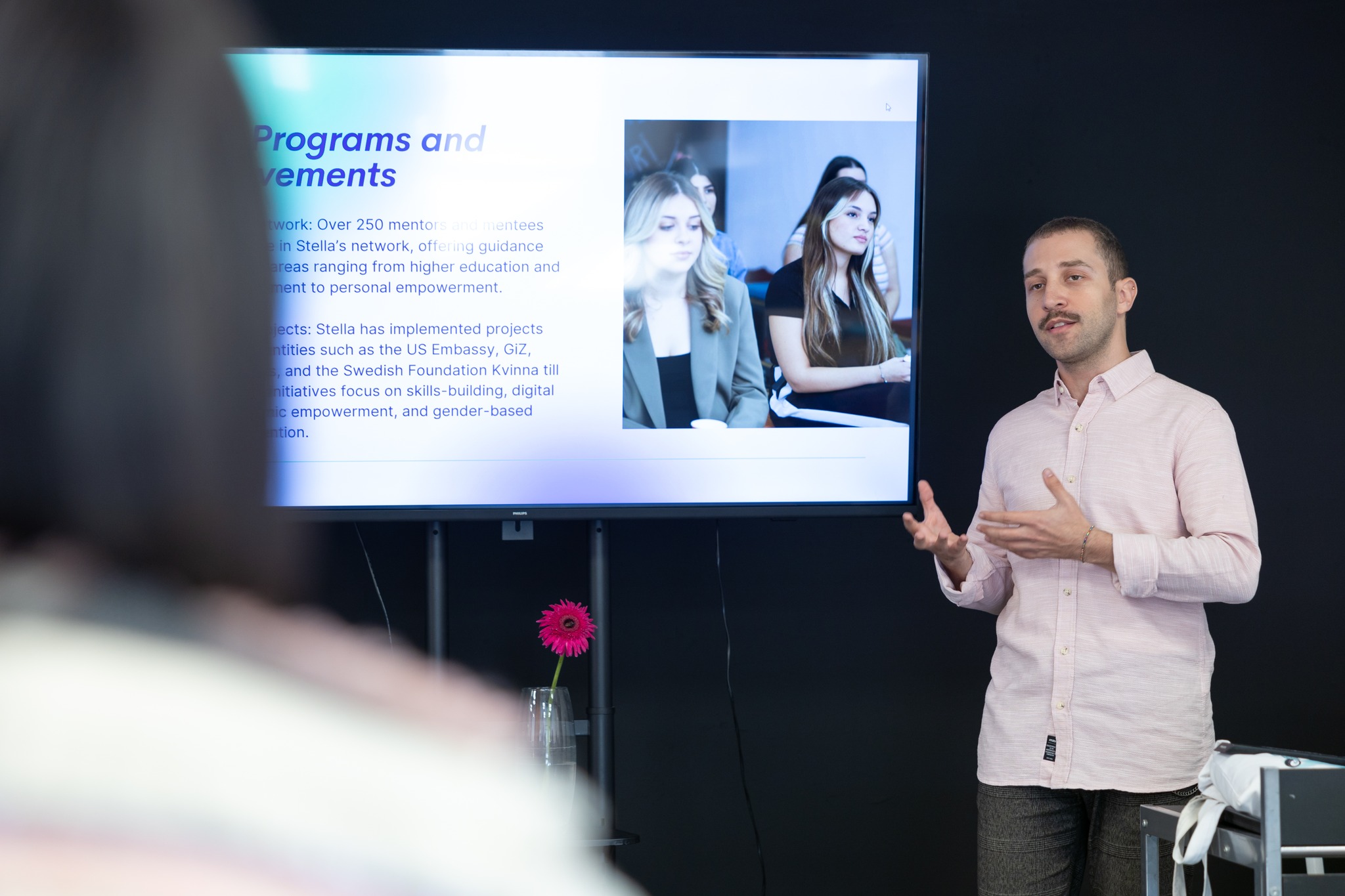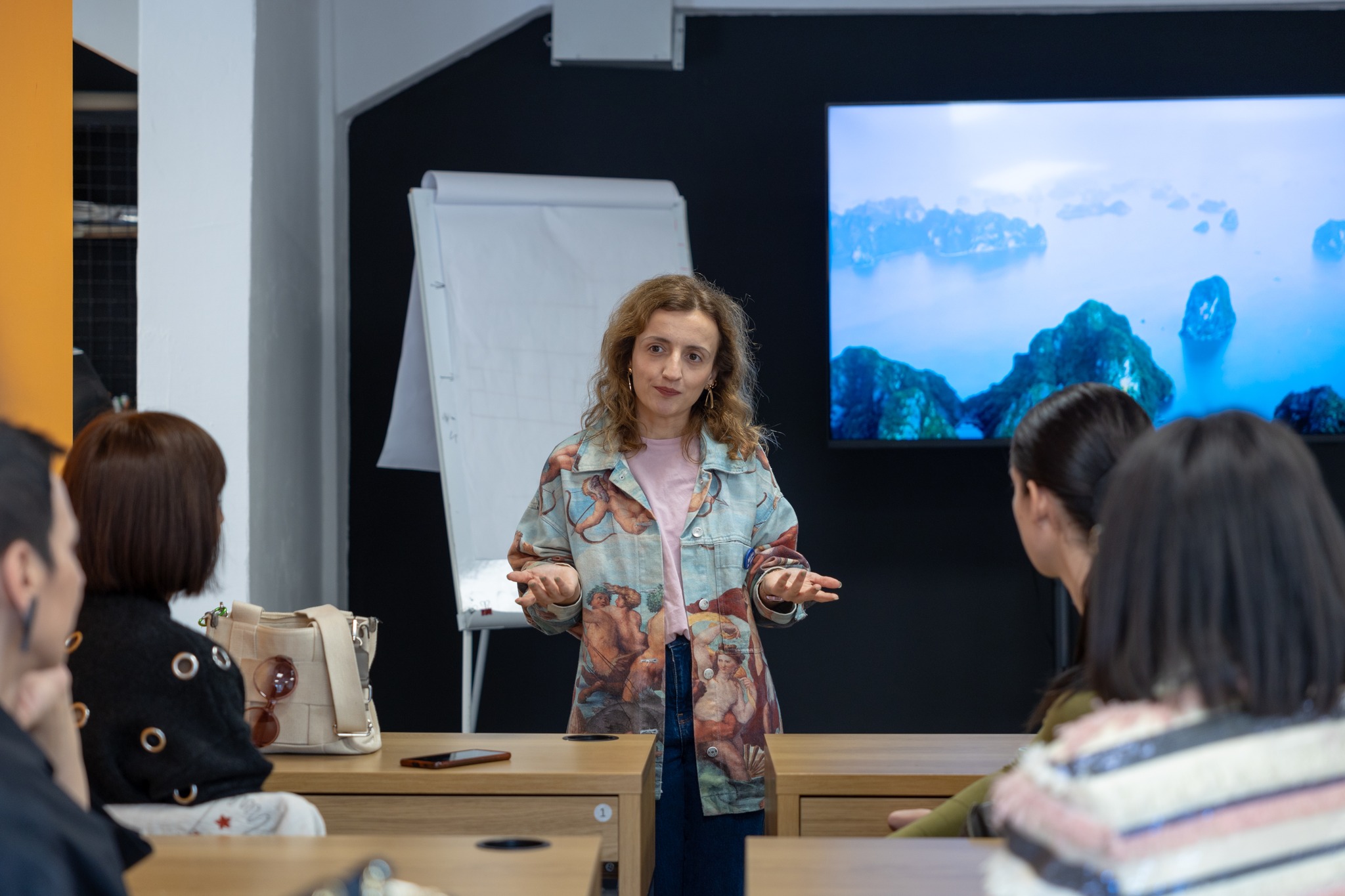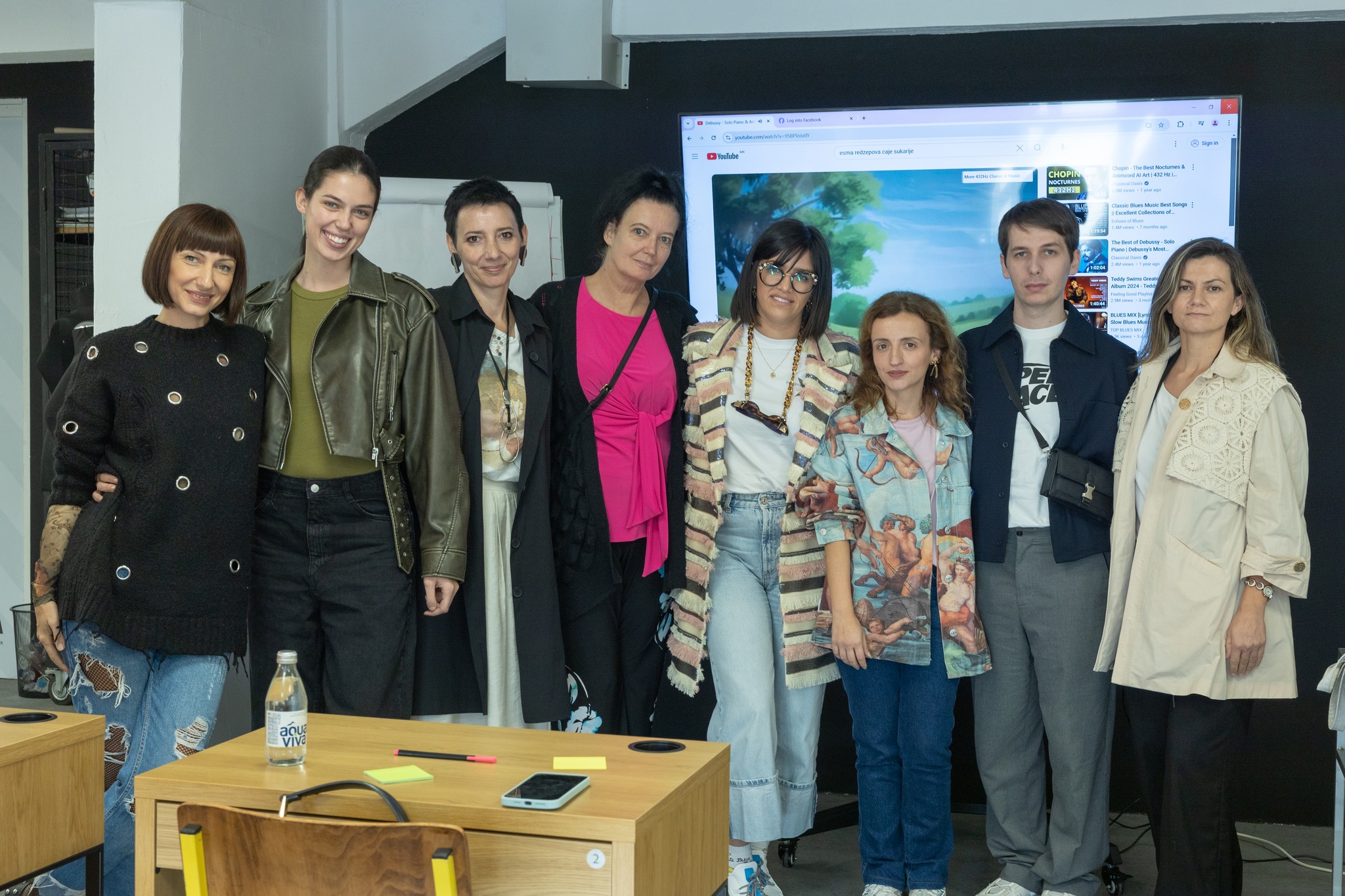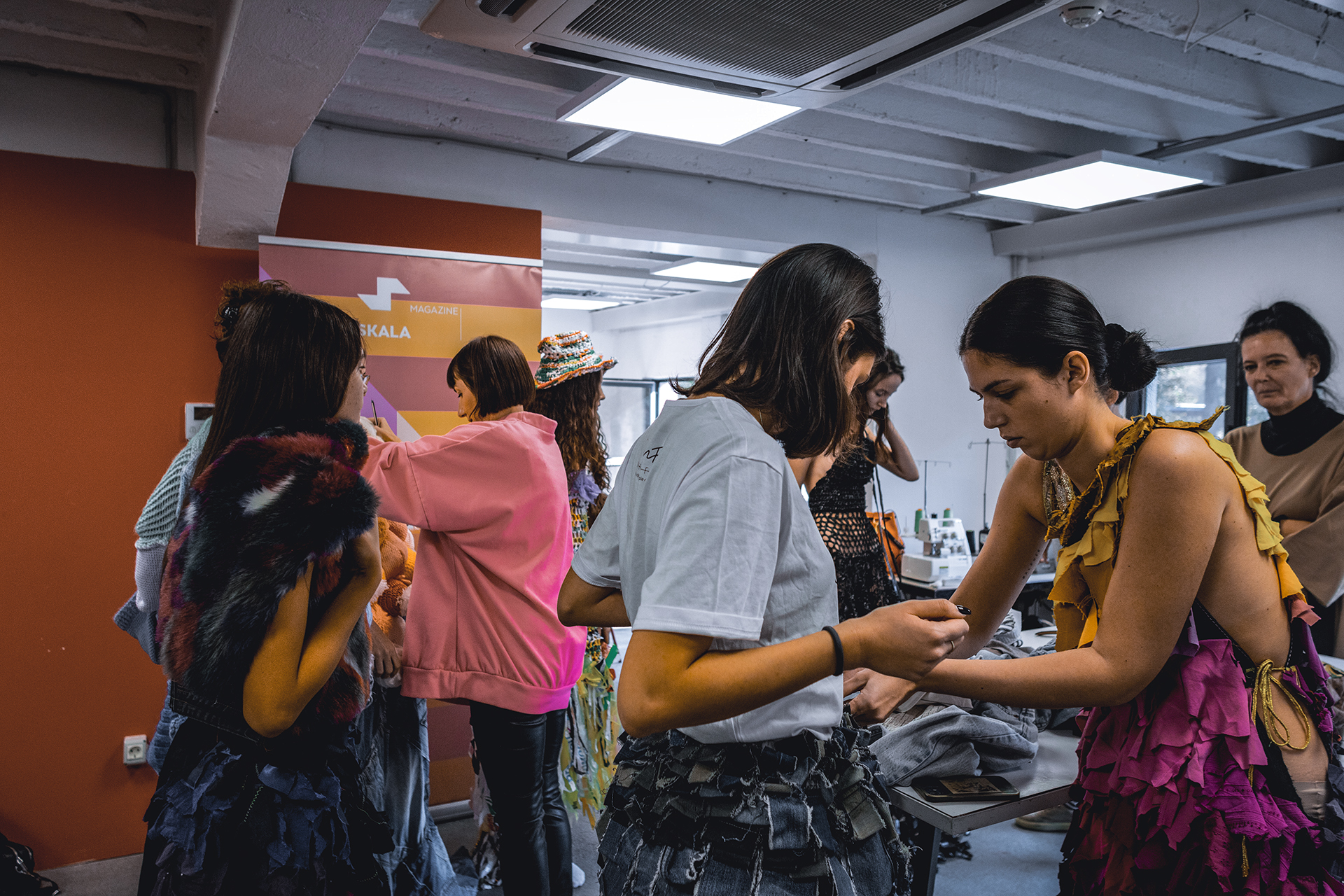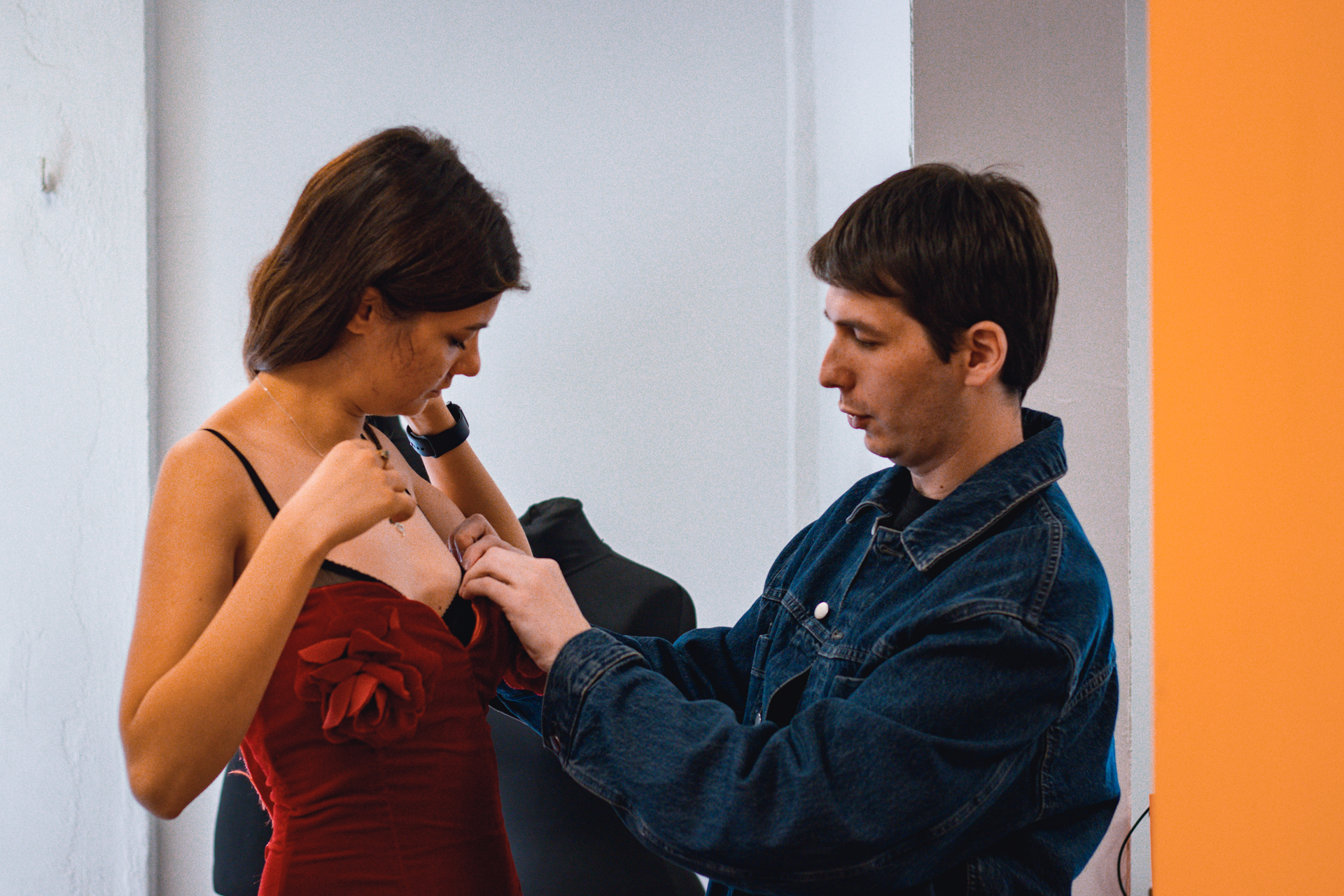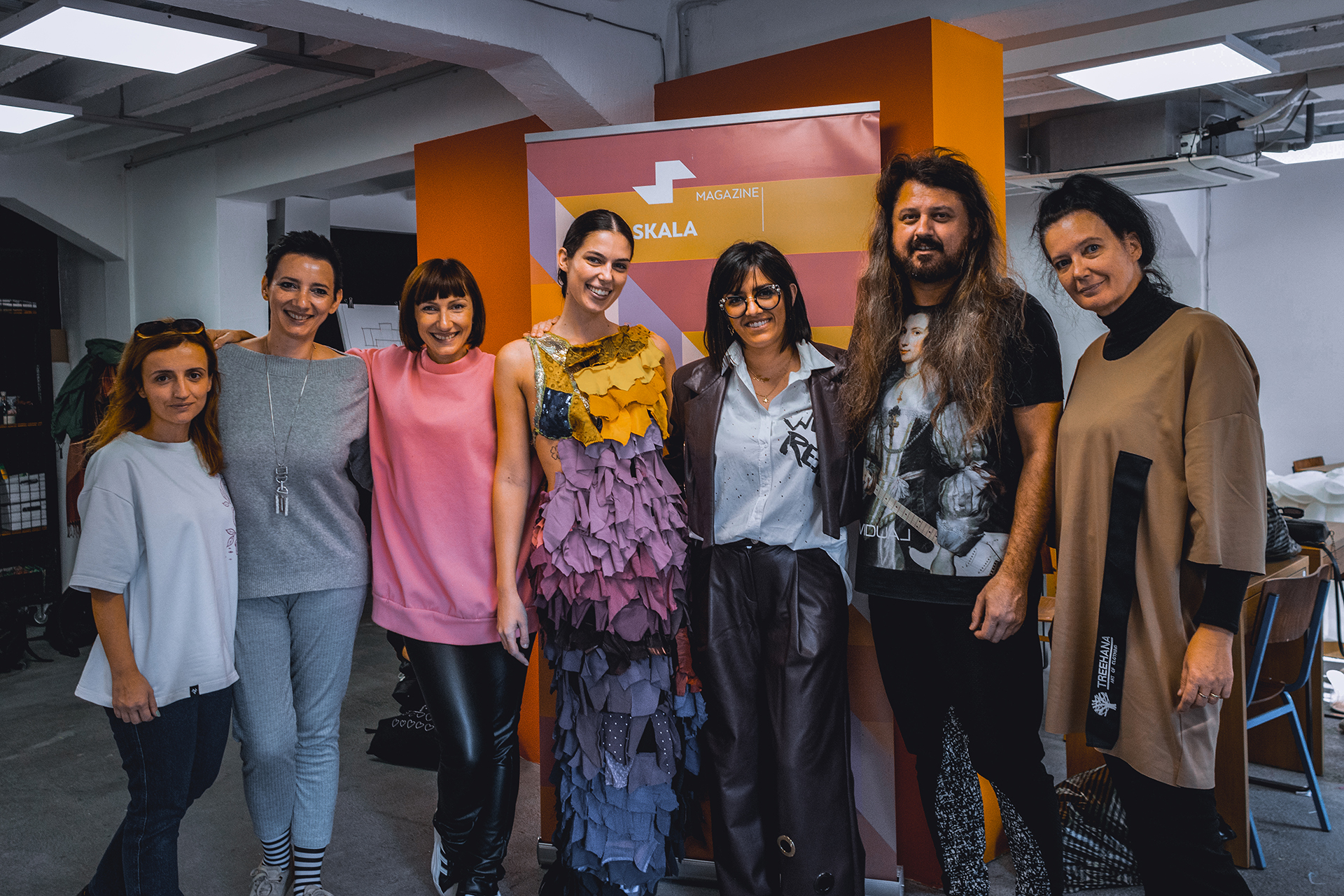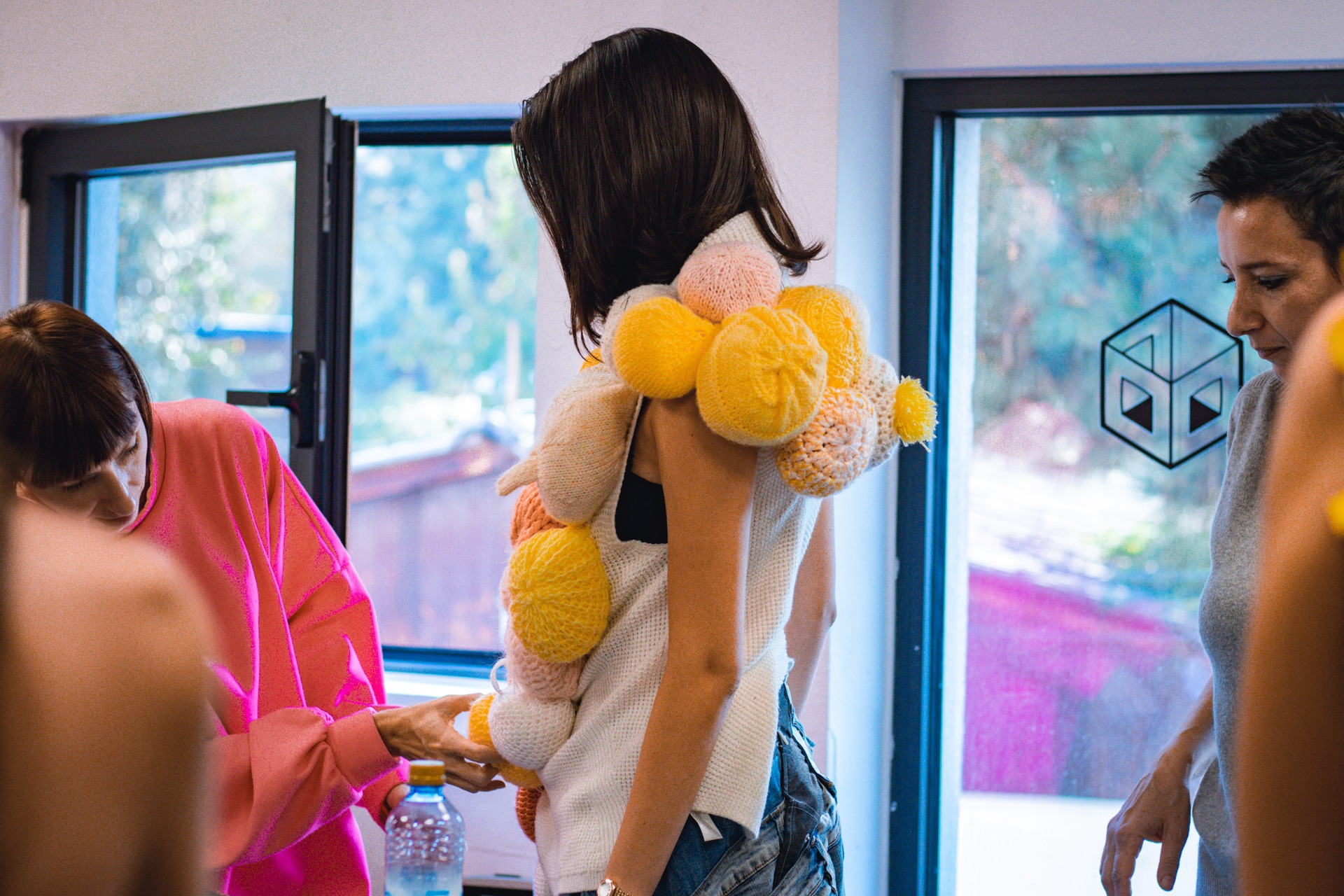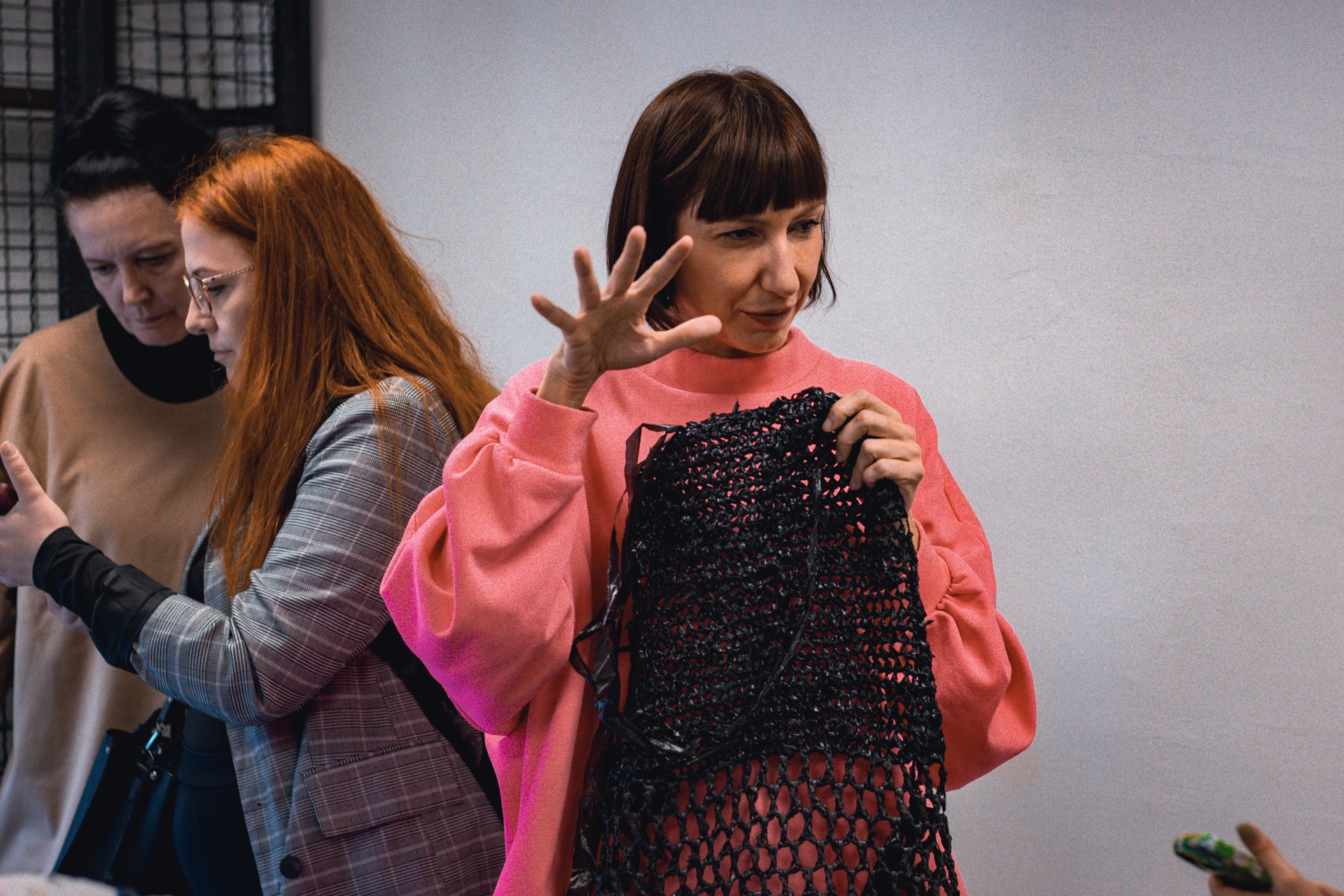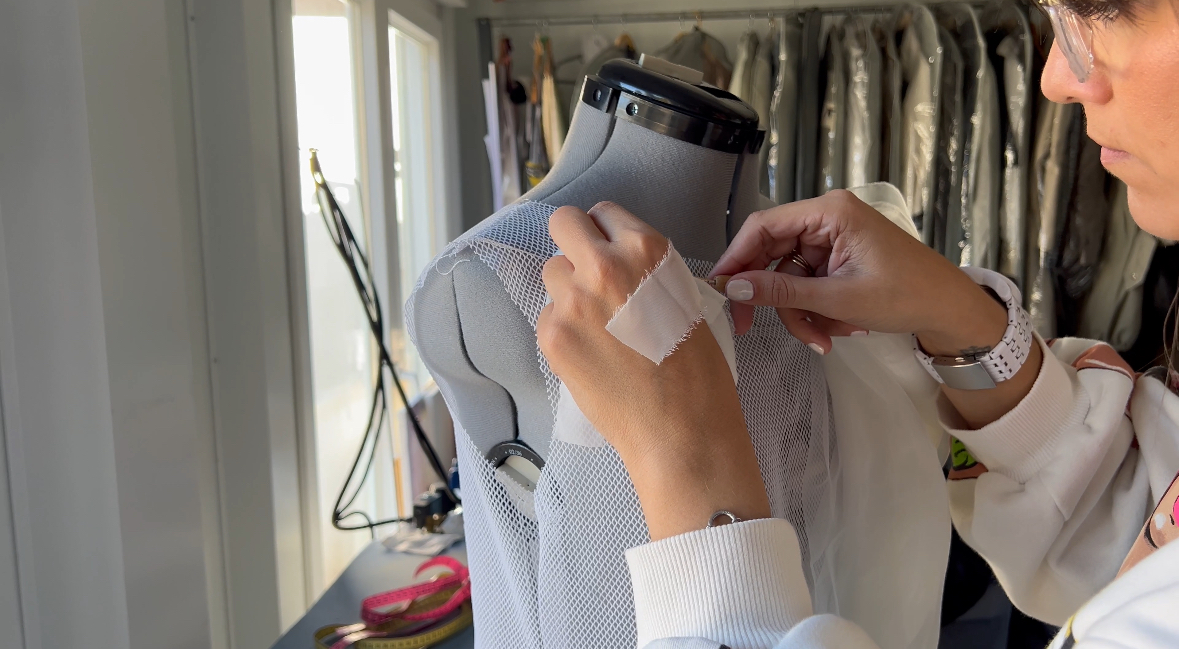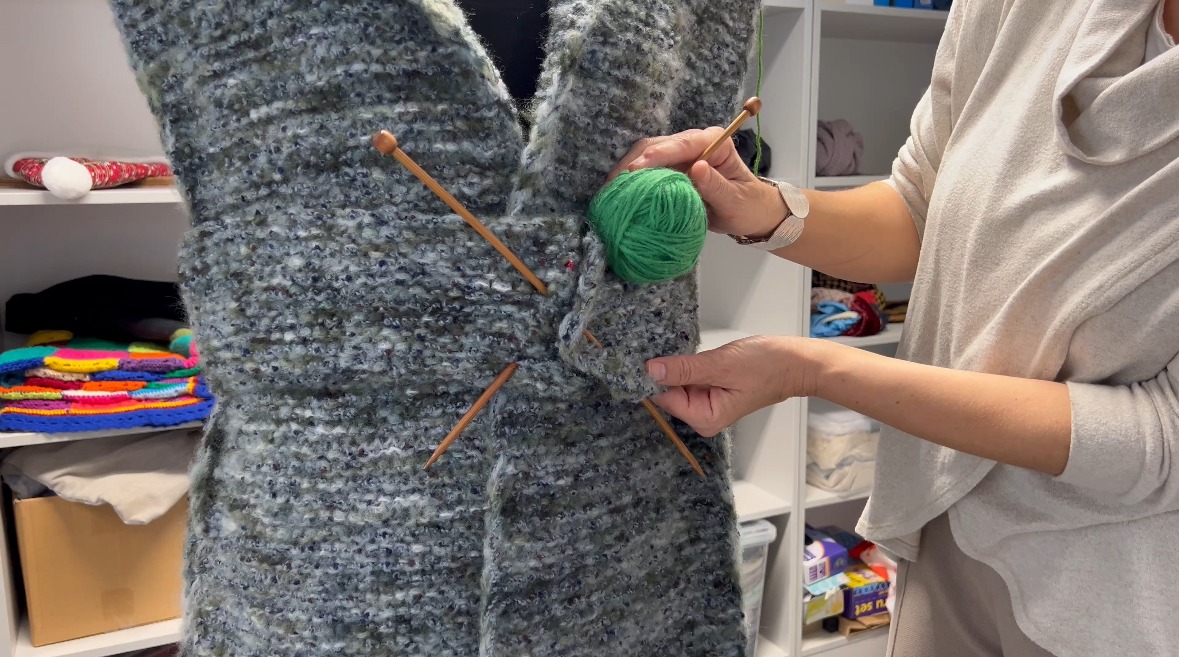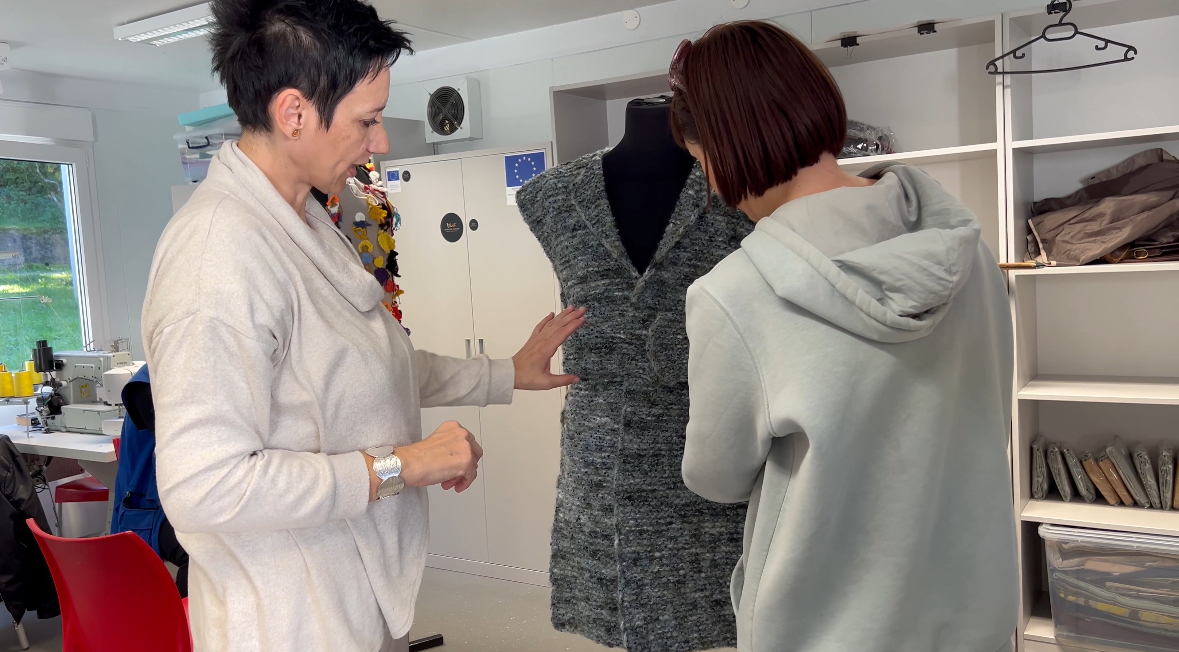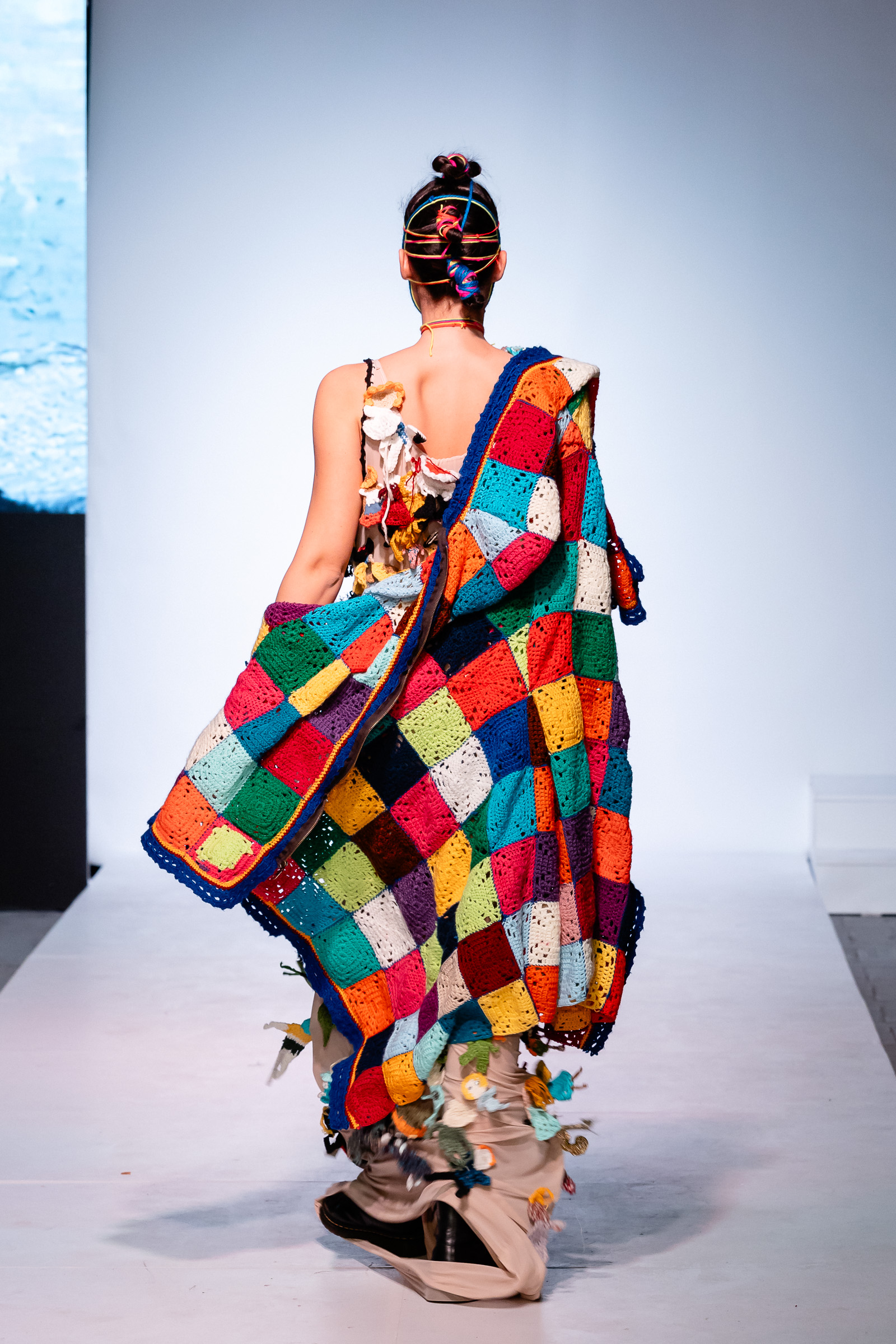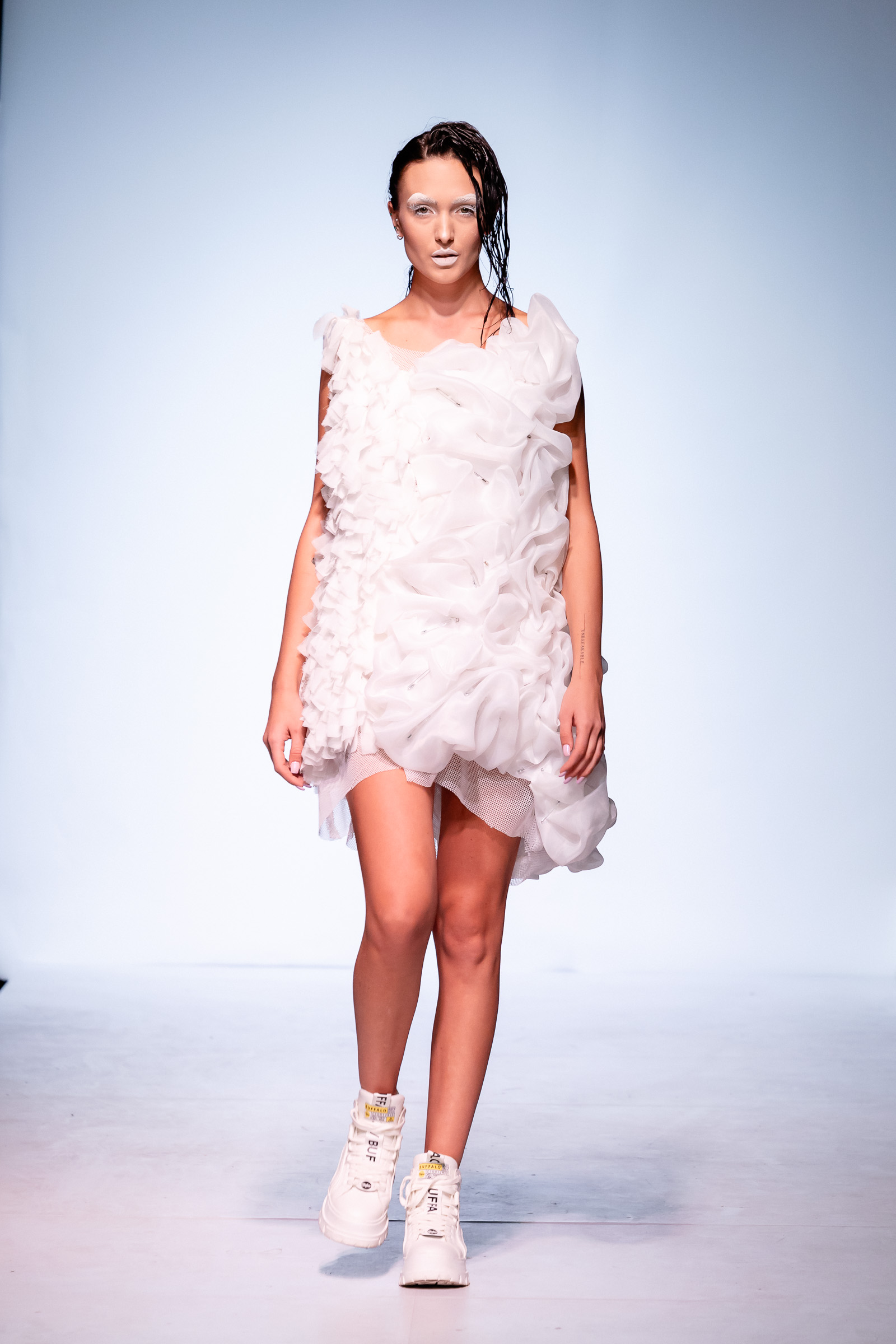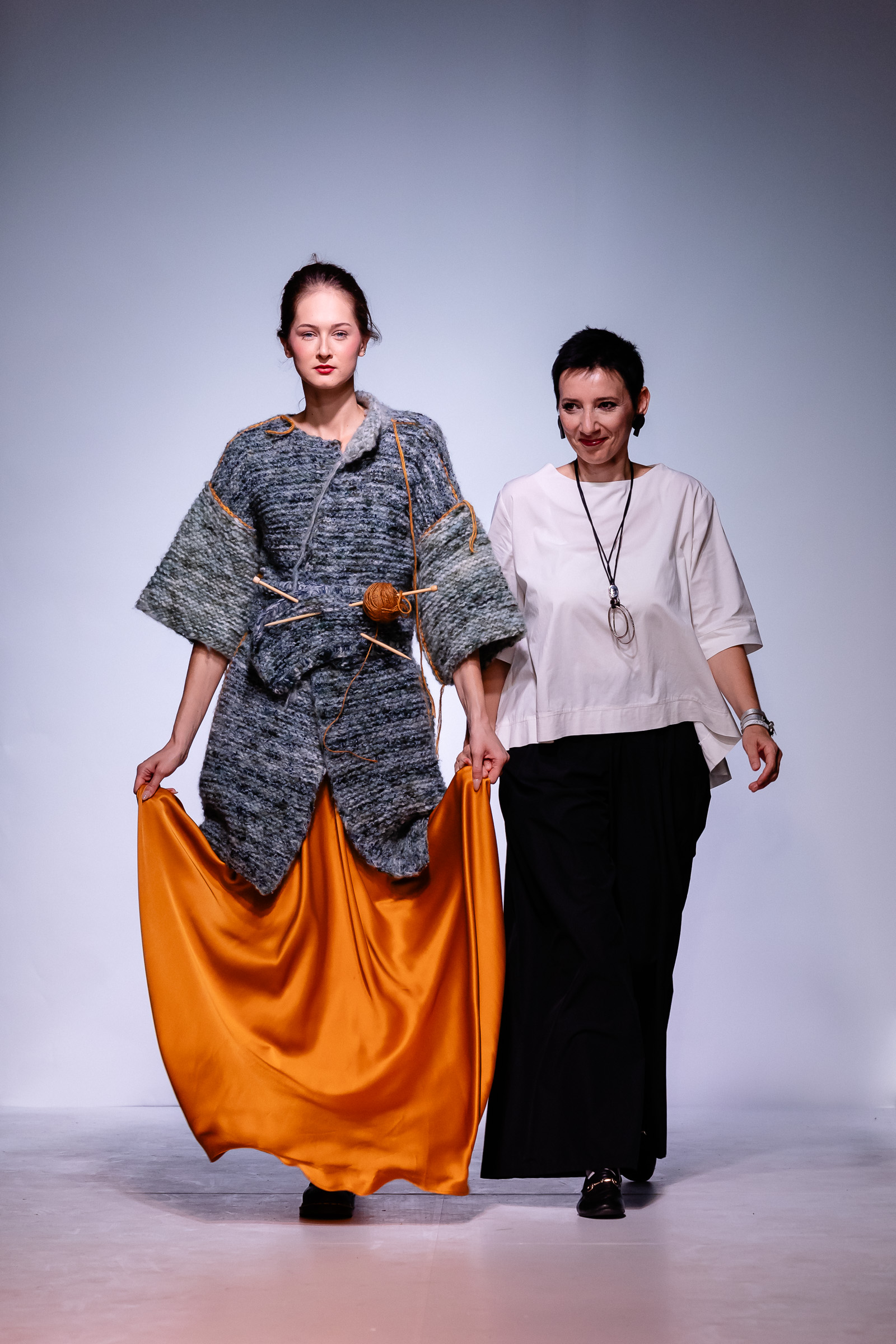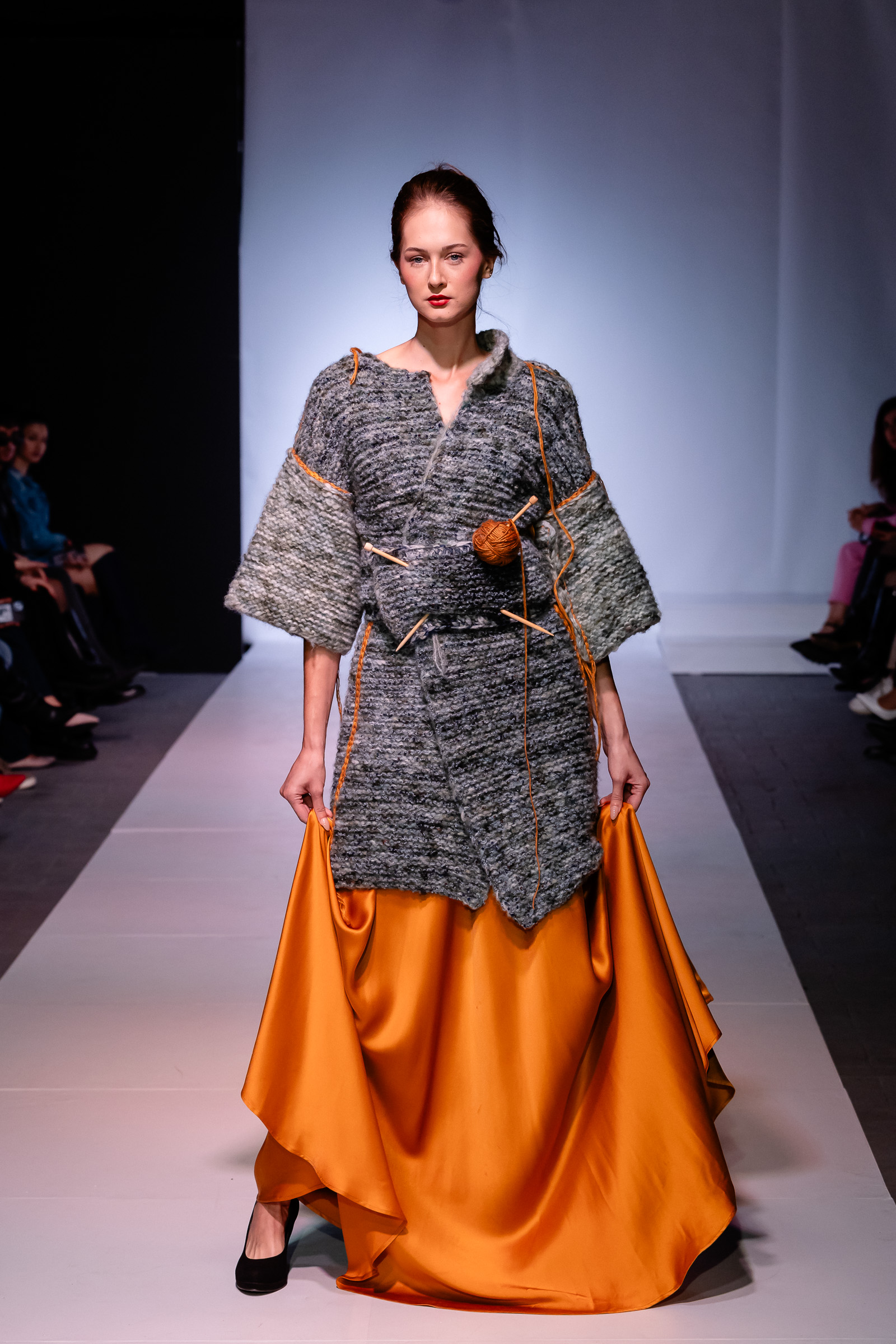
This October, Skopje became a creative hub for cross-cultural dialogue, where designers from Bosnia and Herzegovina and North Macedonia converged for a series of workshops under the “Ties That Bind: BiH & MK Dimensions of Fashion” project. Led by the Macedonian Fashion Association in collaboration with BH Fashion Week Sarajevo, this initiative aims to bridge cultural gaps and address socio-cultural challenges through the medium of fashion. The workshops are part of a broader program supported by UNESCO through the “Culture and Creativity for the Western Balkans” (CC4WBs) project, funded by the European Union. The project focuses on fostering dialogue in the Western Balkans by enhancing the cultural and creative sectors for increased socio-economic impact. Over a 48-month period, the CC4WBs project aims to improve the performance of these sectors by enhancing skills, knowledge, and access to financial aid to increase competitiveness and sustain the co-production and circulation of goods and services in the region.
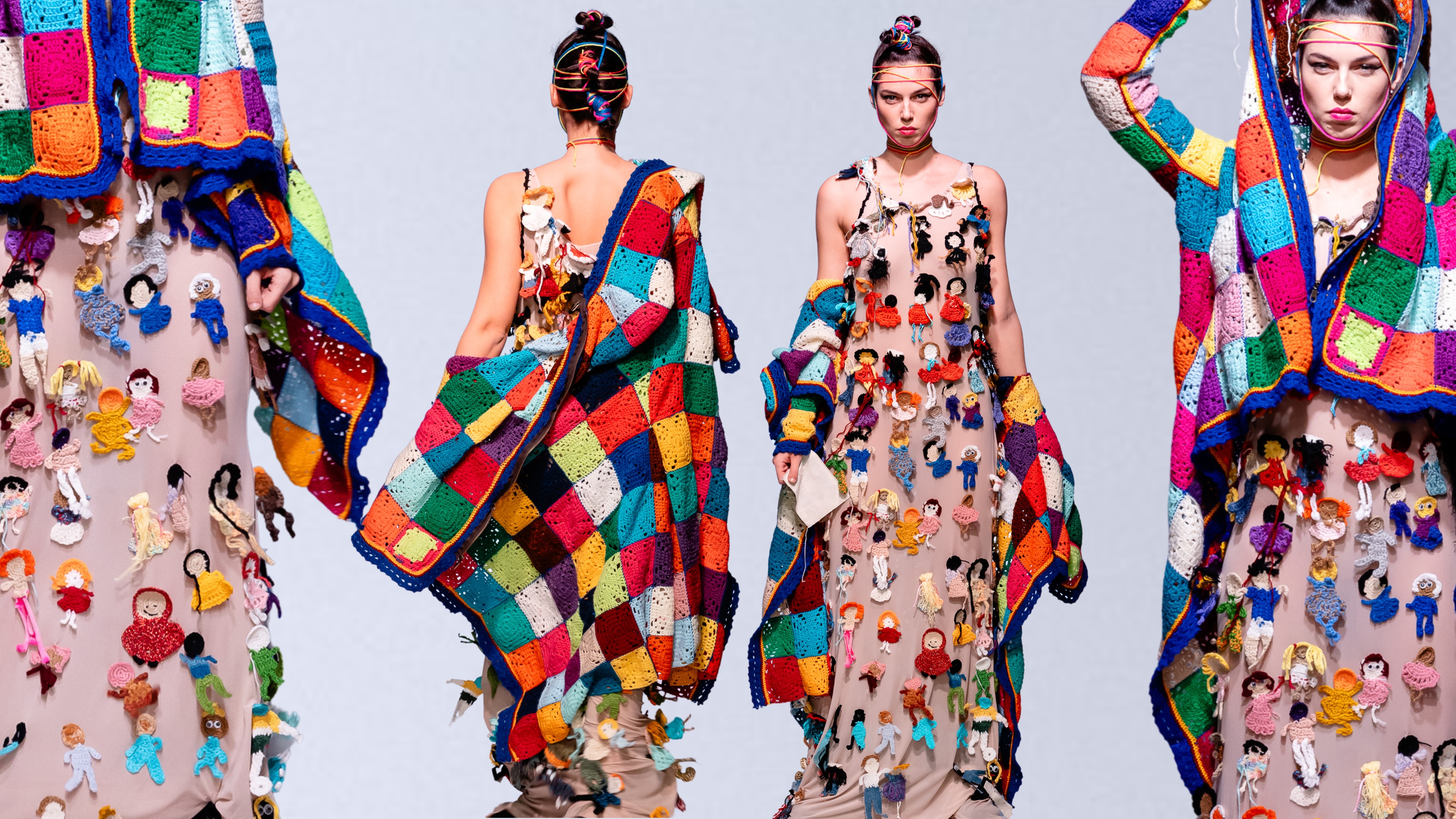
Empowering Regional Voices through Fashion
At its core, “Ties That Bind” is focused on empowering vulnerable groups, particularly women and youth, while fostering regional cooperation. By addressing themes like human rights, gender equality, and sustainable development, the project engages six pioneering designers from both countries in a BiH & MK-based design residency and showcase program. Representing Bosnia and Herzegovina are designers Lucija Čolak, No Nation Fashion, and Mothershands, while Esnaf, Emilija Slavkova, and Gjorgji Petrushev bring their talent from North Macedonia. These designers have been on a journey of education, collaboration, and creativity, each developing one exclusive look that interprets the socio-cultural research findings from both countries in a way that extends their brand’s unique DNA.
Highlights from the Workshops and Training Sessions
The workshop series opened with sessions led by activists and creatives, providing participants with a platform to explore fashion’s role in activism and its potential for meaningful socio-cultural impact. In an initial workshop, designer and activist Irina Tosheva discussed creative activism, examining how fashion can amplify marginalized voices. A powerful session followed, reflecting on “15 Horror Stories from Women Workers” by Kristina Bozhurska, an anthology that reveals challenges faced by women workers in the region. This experience spurred discussions on fashion as a vehicle for change, laying the groundwork for the designers’ individual interpretations.
Participants also engaged with Stella Network and the Roma Cultural and Media Center Barikanipe, who shared their work in gender equality advocacy, social inclusion, and supporting marginalized communities across North Macedonia. These exchanges highlighted the importance of designing with a mindful and inclusive approach to social issues.
The Art of Co-Creation
The residency culminated in a co-creation workshop where designers merged their unique brand perspectives with socio-cultural research, creating distinct designs that embody the project’s mission. After an immersive “Storytelling Skopje” tour through historic city sites, visiting artisans and craftsmanship and their stores, participants gathered at Skala School to finalize these looks, each capturing unity, resilience, and shared values.
These collaborative efforts resulted in designs that spoke to both individual brand identities and shared cultural narratives, and they made their public debut at Fashion Weekend Skopje, allowing audiences to engage with the powerful stories and themes woven into each piece.
Mothershands showcased a look symbolizing the strength of community through the metaphor of interwoven threads. This piece, an interpretation of the project’s ethos, celebrates the resilience found in human connections and the durability of shared bonds.
Lucija Čolak’s look reimagined cultural fusion, blending delicate mesh and flowing ribbons to capture a sense of unity and strength in diversity. This exclusive look reflected Čolak’s brand ethos while paying homage to shared cultural roots between North Macedonia and Bosnia and Herzegovina.
No Nation Fashion developed a look featuring handcrafted dolls to symbolize resilience and the journeys of migrants in Bosnia and Herzegovina. Designed as an extension of No Nation Fashion’s commitment to inclusivity, this piece was co-created by migrant artisans, emphasizing the transformative role of fashion in social advocacy.
A Lasting Impact
The immersive series of workshops and training sessions highlighted the potential of culturally-driven innovation in the Western Balkans. In a region marked by shared challenges and aspirations, this project provides a platform for designers to explore new narratives, empowering both the fashion community and society at large. The showcase at Fashion Weekend Skopje was a milestone, reflecting the transformative impact of cross-border collaboration in fashion.
- No Nation Fashion
- Ljucija Čolak
- Mathershands
Looking Ahead: Expanding the Dialogue
Following the workshops in Skopje, the next stage of “Ties That Bind” will take place in Bosnia and Herzegovina. This month, the Macedonian team, including designers Esnaf, Emilija Slavkova, and Gjorgji Petrushev, will travel to Bosnia and Herzegovina to continue this collaborative journey. There, they will participate in additional workshops and explore fresh inspirations with their BiH counterparts. Their unique looks, crafted as part of this creative exchange, will debut at BH Fashion Weekend Sarajevo, inviting audiences to witness fashion’s unique ability to connect stories across borders and spark new dialogues through design.
#CC4WBs #CCI #culture #EU #creativeindustries #creativity#genderequality #WesternBalkans #fashion#sustainablefashion #MK #BiH #FWSK
